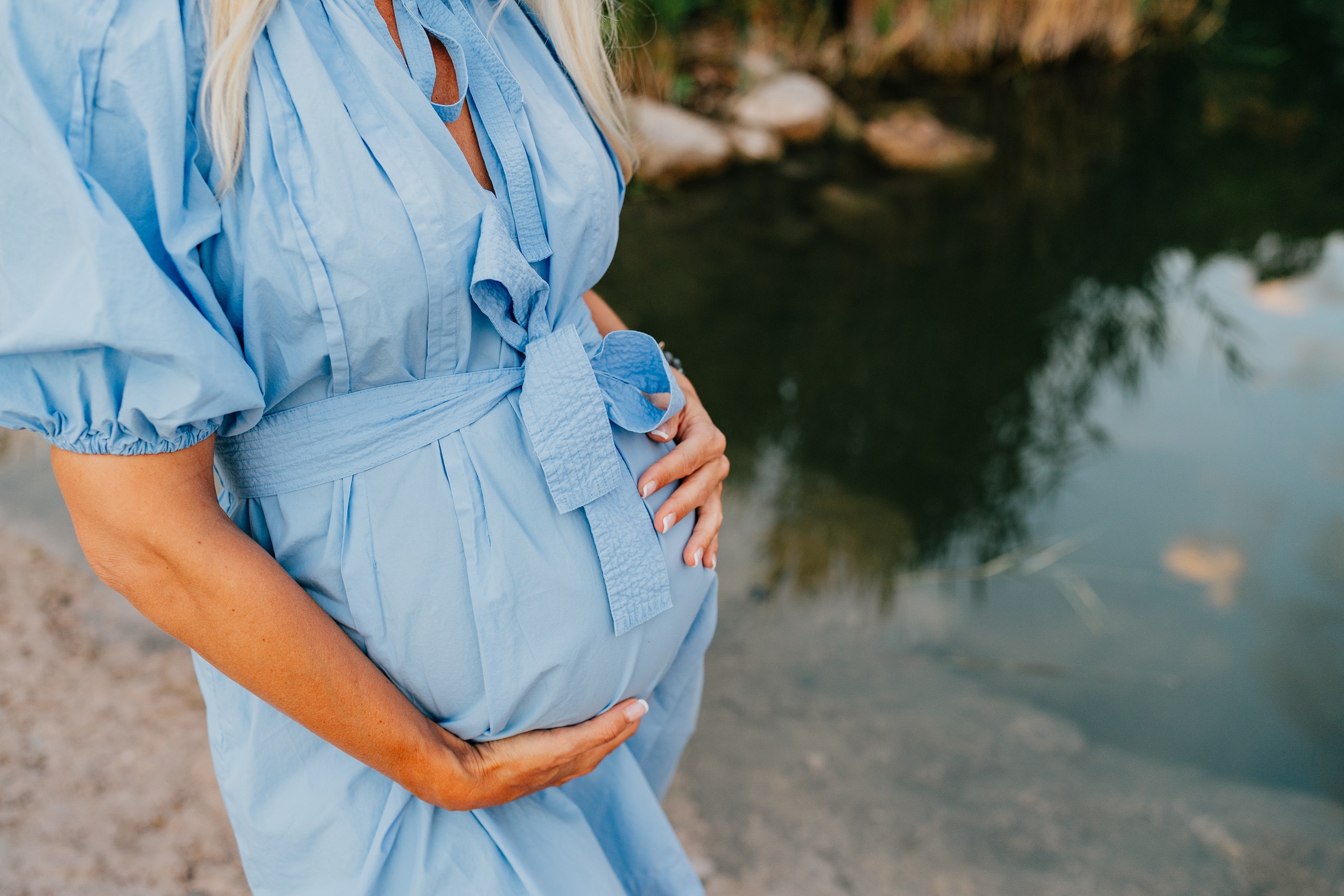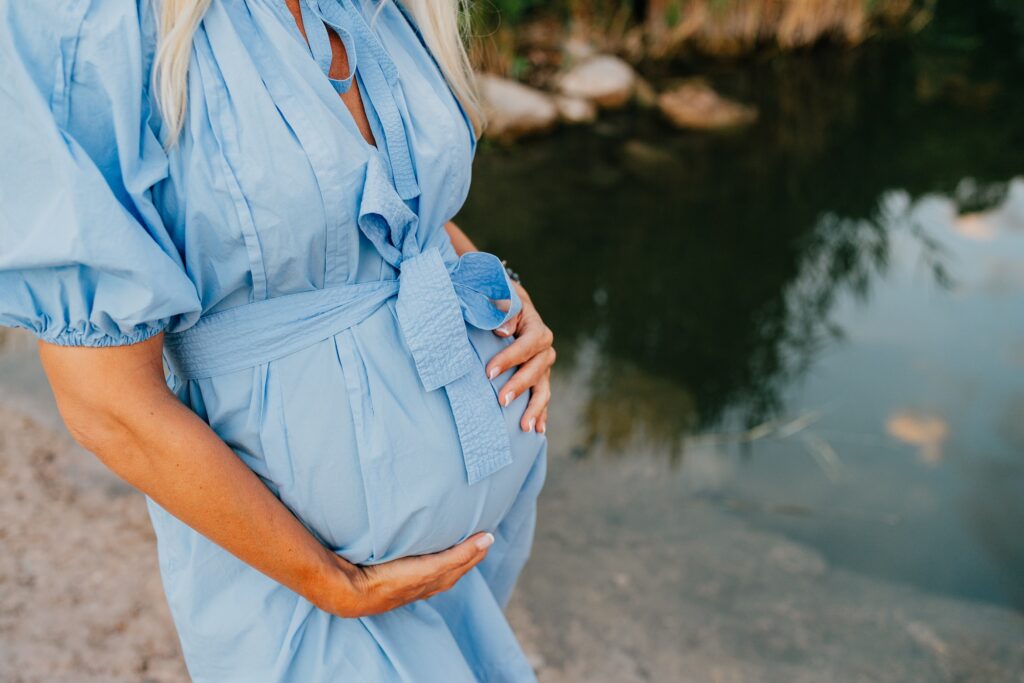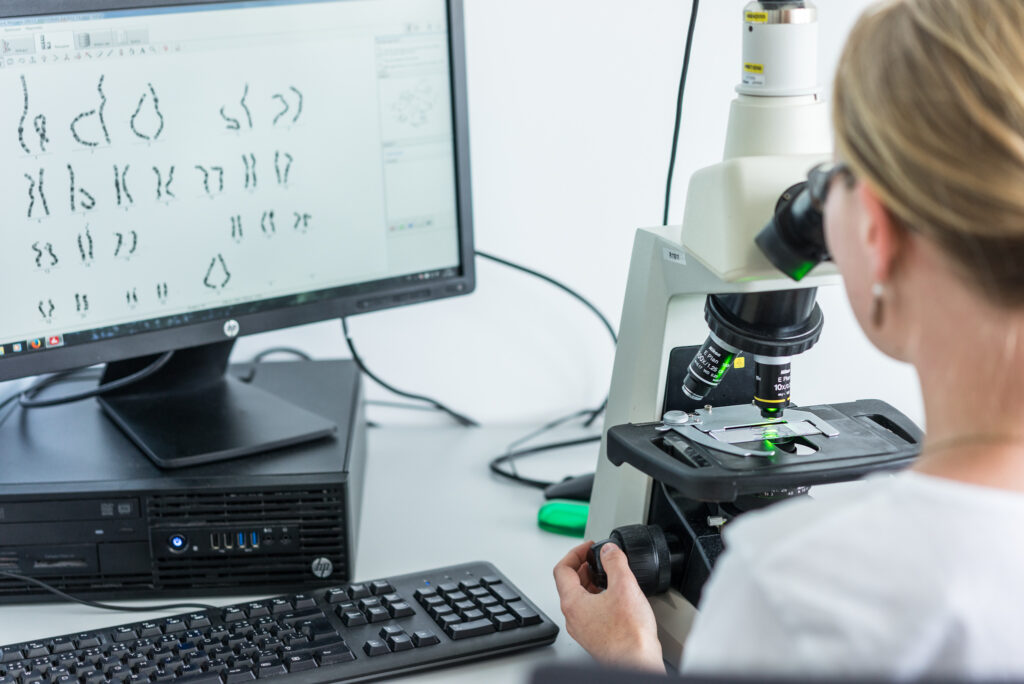Pregnancy is a wonderful and exciting time full of anticipation and changes. For many women, the first signs of pregnancy are a joyful signal of a new stage in their lives. So what are the earliest signs of pregnancy and when can you expect them?
When do the first signs of pregnancy appear
The first signs of pregnancy can appear as early as a few days after fertilization, but most women notice them only after they have missed their periods. Every body is different, so some women may feel changes earlier while others may feel them later, and some may not experience them at all. Symptoms that may look like pregnancy symptoms can also be caused by other factors. Therefore, it is always best to confirm pregnancy with a test or a visit to the gynecologist.
What are the first signs of pregnancy
Fatigue
One of the most common and earliest signs of pregnancy is fatigue, which is caused by increased levels of progesterone. In addition, your body is in a very energetically demanding period, because it is preparing for the growth of a new life.
Breast sensitivity
Another common symptom is breast sensitivity. The breasts may feel sensitive or even painful to the touch. The size or colour of the nipples may also change. These changes are also caused by hormonal changes in the body.
Nausea
Nausea and vomiting, often called morning sickness, is another common symptom of pregnancy. It can start as early as a few weeks after fertilization and don’t be fooled, it definitely doesn’t just appear in the morning. On the contrary, it can manifest itself at any time of the day. Also behind this annoyance is an increased level of hormones.
When to take a pregnancy test?
Are you trying to have a baby naturally? If so, you can take a pregnancy test just a few days after you miss your period. However, it’s best to wait at least a week after you miss your period to make the test as accurate as possible.
If you are trying to have a baby with the help of assisted reproduction, take the test no sooner than 14 days after the embryo transfer. In this case, there is no point in taking the test earlier. This is because a number of drugs are administered during IVF treatment that can skew the result towards either a false positive or a false negative.
When to go to the gynecologist for screening for the first time
Schedule your first pregnancy visit to the gynecologist approximately 6 to 8 weeks after your last menstrual period. During this visit, your doctor will examine you with an ultrasound, confirm any pregnancy and set an approximate due date. The doctor will also discuss the next steps and tell you what to expect.
In the case of fertility treatment, the situation is a little different. At Repromeda, we will call you 14 days after your transfer and ask you about the test results. If the test is positive, we will invite you for a blood draw and an ultrasound scan. Since we want to keep everything under control, all tests will be done at our clinic until the baby’s heartbeat is confirmed. If all is well, we will hand you back over to the care of the attending gynecologist who will guide you through the whole pregnancy. You can read about how pregnancy after IVF goes here.
Preparation for pregnancy and other examinations
Some women take a long time to prepare for pregnancy. Others take things as they go. But what is not to be underestimated is a sufficient supply of folic acid. This reduces the risk of cleft defects and plays an important role in cell division, thereby promoting fetal growth. It is ideal to combine folic acid with vitamin B12. Preparations for pregnancy should generally include a healthy diet and lifestyle. A complete avoidance of alcohol, smoking and other drugs should be a minimum step.
Genetic testing
GGenetic screening is now a common part of prenatal care. The ideal choice is the non-invasive prenatal test Prenatal Advance, which only requires a sample of the mother’s blood. This test detects potential genetic disorders and has the great advantage that it can be performed as early as the 10th week of pregnancy.
Thanks to genetic testing already in Iva´s pregnancy, early detection of child with genetic disorder incompatible with life. “I got pregnant for the first time when I was 33 and the second time at 34 with the help of IVF. The first pregnancy was not a happy one. My daughter had a genetic disorder incompatible with life and the doctors referred us for a second trimester termination. Genetic testing showed a terminal genome disorder. They gave us a 50% chance of recurrence, which is like a coin toss. Embryo attachment after an IVF cycle is slightly higher.” You can read the full story here.
Pregnancy is a wonderful time full of anticipation and change. Watching for the first signs of pregnancy, taking a pregnancy test early and visiting your gynecologist regularly will help you experience this period as pleasantly and safely as possible. If you have any doubts about your fertility, do not hesitate to contact us. At our clinics in Brno or Ostrava, we will be happy to provide you with all the necessary information and help you to have your longed-for baby in your arms.



